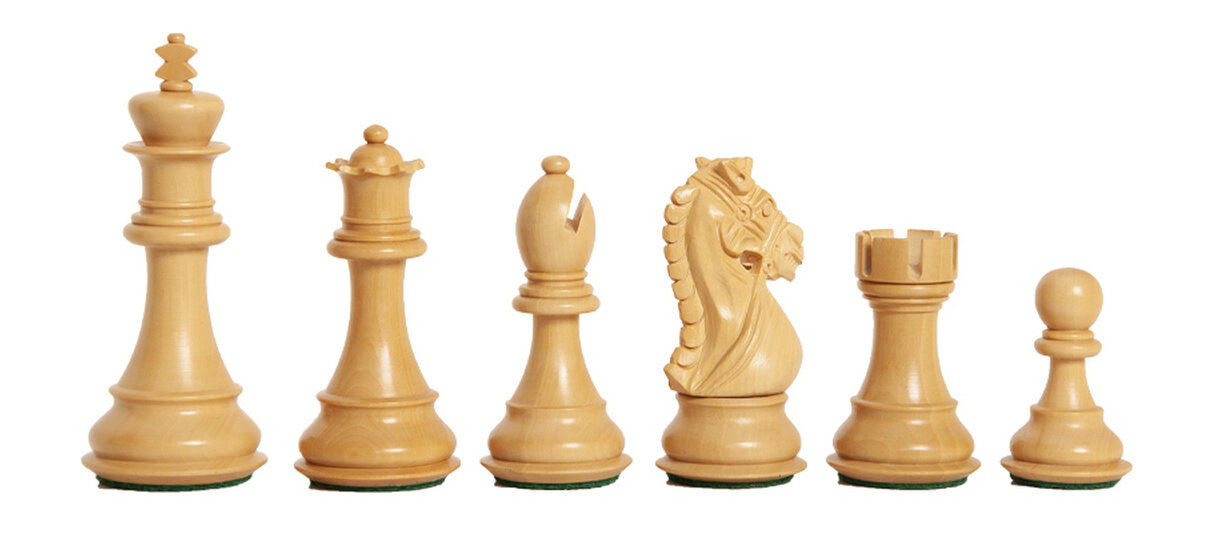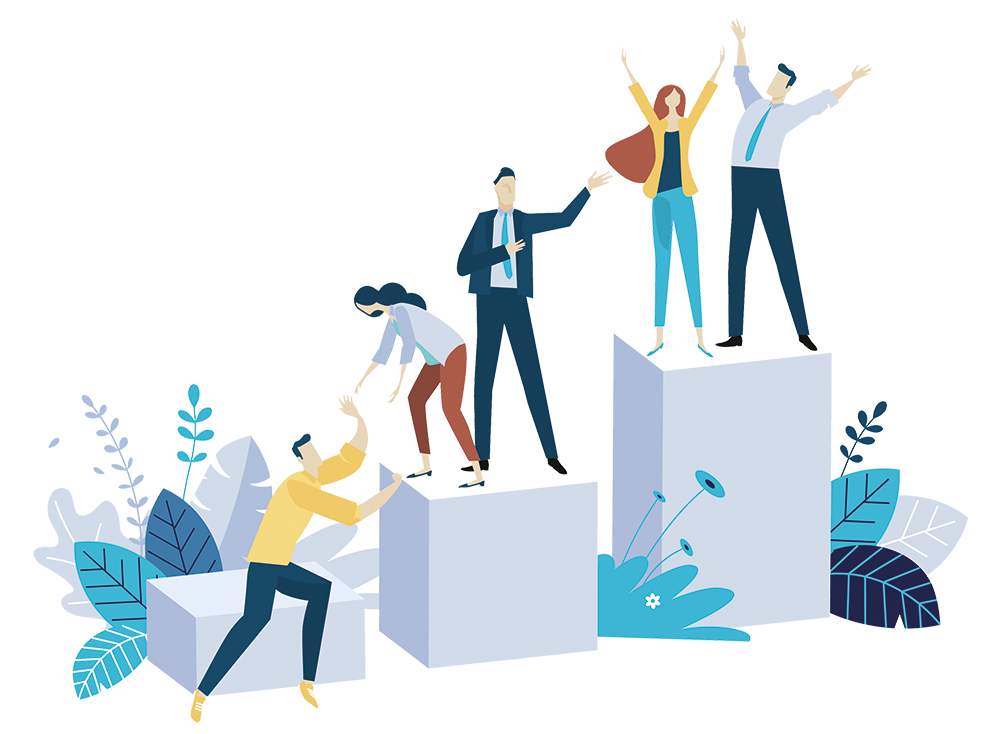After watching the football yesterday evening, I had a long discussion with my friends, Sophia and Oscar about the masculine and feminine roles in society. We concluded that biologically women are nurturers and men are providers, like it or not this is programmed within our DNA. Traditionally, women were seen to be soft and men were perceived to be hard, tough individuals. The big question is why is society communicating to men that they should be more feminine, and at the same time telling women to be more masculine?
Throughout my career I have worked with inter personal communication, whether it be sales, marketing or branding. I love the concept of writing to the voice in your audiences head. Broadly speaking, I learned that relieving pain is what we want and maximising pleasure is what we crave. It’s all material and it makes sense to turn over the worst moments in our lives into great lessons, not only for ourselves, but also for the people we seek to guide along their journey.
The second habit Stephen Covey covers in his wonderful book, “The 7 Habits of Highly Effective People” is “Begin With the End in Mind.” According to Covey, before you can live a good, meaningful life, you have to know what that looks like. When you know how you want people to talk about us at the end of our life, you can start taking action now to make that scenario a reality later. As I do not chase people anymore, I have learned that I am here and I am happy, and I am not going to run after people to prove that I matter. So, what do I want you to do after reading this, what is my call to action? I think the the end product isn’t as important as the process, contact me in confidentiality via e-mail to arrange a meeting about your processes.














